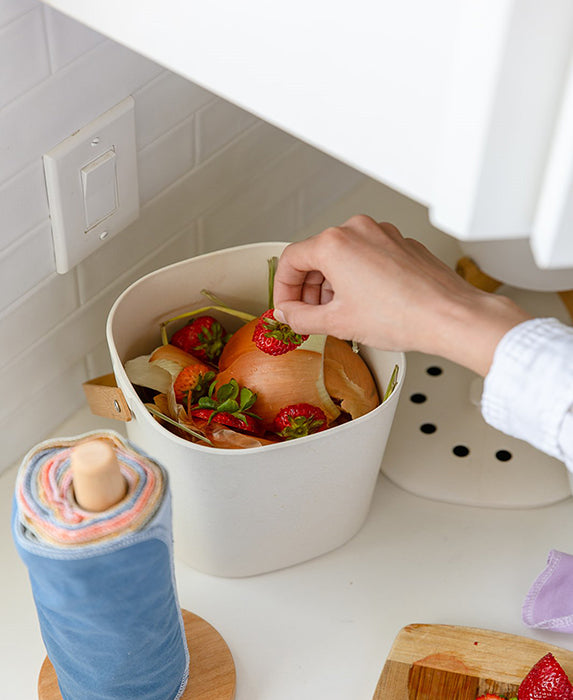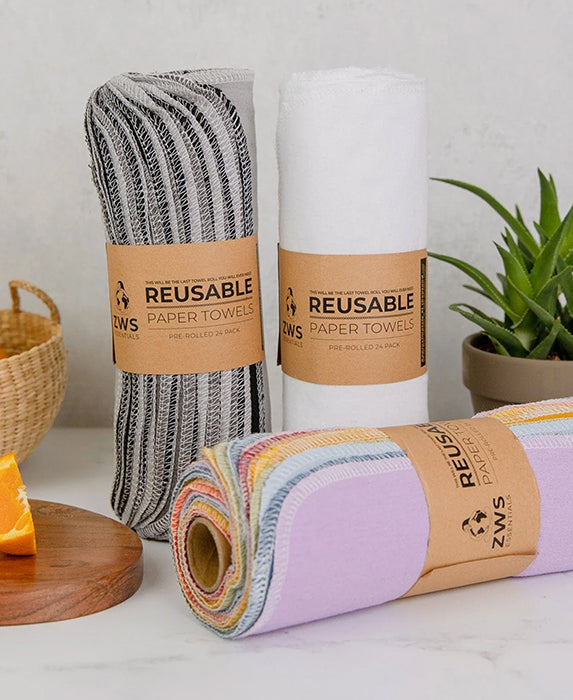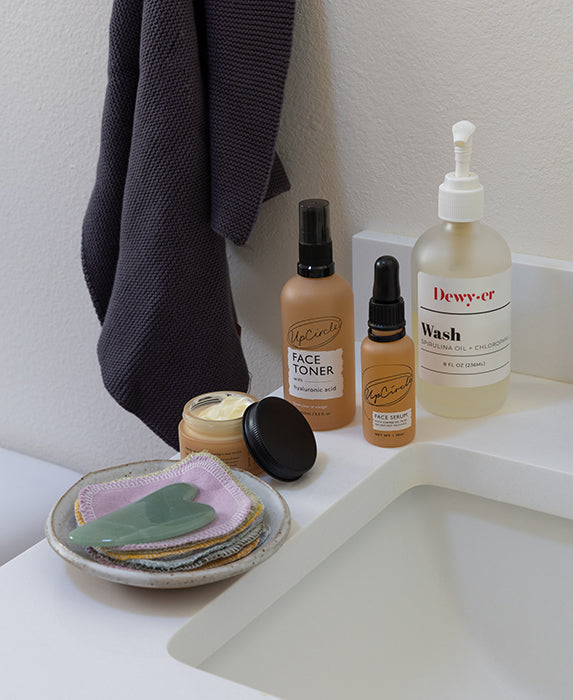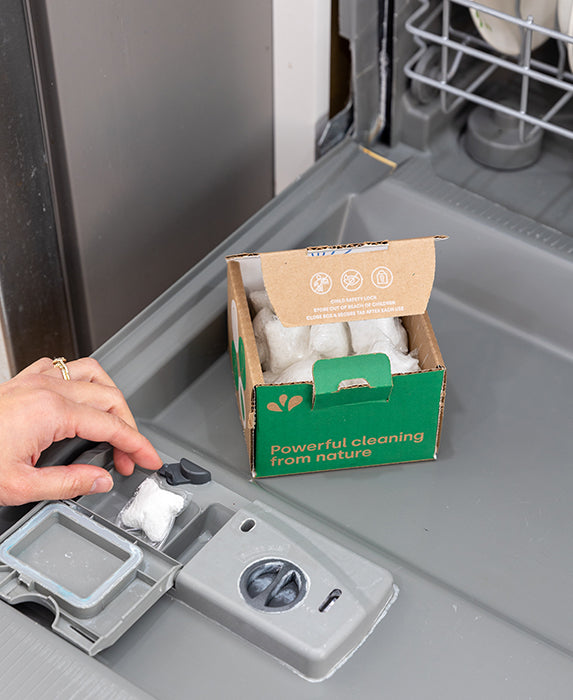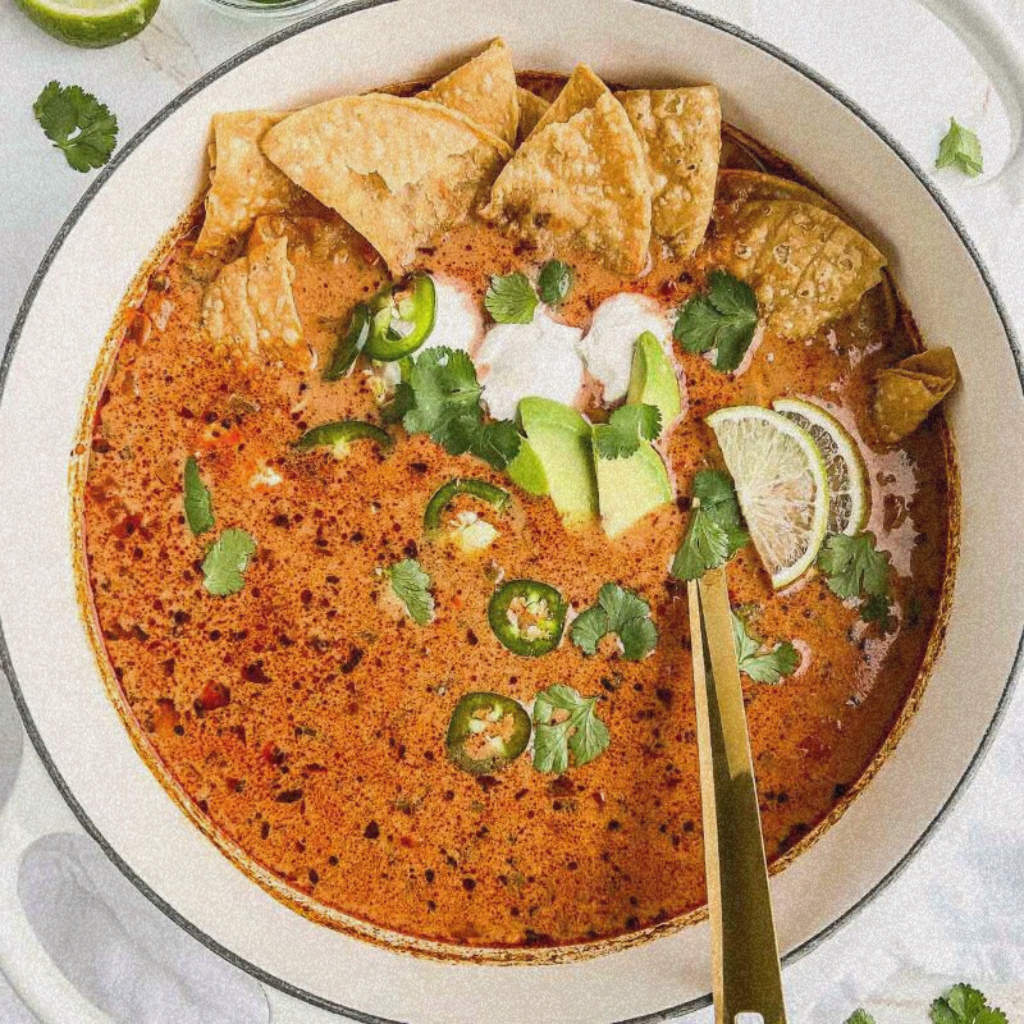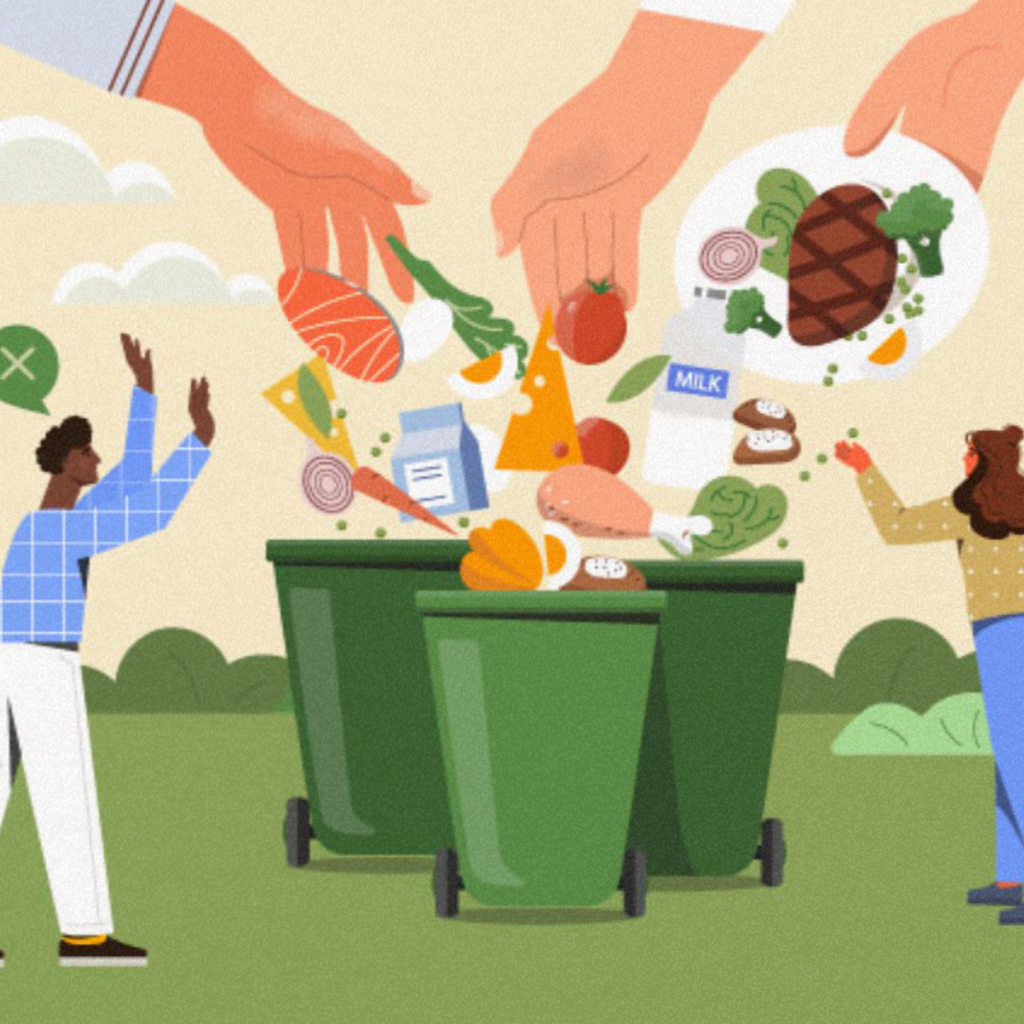One thing we all have in common no matter our life experience, location, or preferences: we all have to eat. Whether conscious or not, the choices we make in the kitchen have an environmental impact. From the ingredients we choose to the methods of cooking and disposal we use, there are many ways we can promote sustainability in our cooking practices. It doesn't have to be hard though! Here are three simple tips (and one bonus tip) you can use to start cooking more sustainably tomorrow.
Reduce Food Waste
According to a 2021 U.S. Environmental Protection Agency (EPA) report, “food waste is the single most common material landfilled and incinerated in the U.S.”. Not only are resources being used to dispose of food waste, but all the resources used to produce the food in the first place are also wasted. The good news is that you can reduce your household's food wastage in plenty of ways.
To start, practicing conscious purchasing at the grocery store is a great way to make sustainable choices. Oftentimes, a list (and maybe a full stomach) can reduce impulse buys bound for the trash. Likewise, after preparing your food, consider the best way to store leftovers. Keep your leftovers fresh with airtight containers or sealable bags. If you don't have plans for your leftovers in the next few days, it may be better to store them in the freezer.
Starting a compost of your non-animal food scraps may be the best way to reduce the food waste you create. From backyard to countertop, there is an easy way to get started composting for you. Start tomorrow by simply storing your scraps in an old container in the freezer until you determine your ideal compost method.
Choose Climate-Friendly Cookware
Of course, the best sustainable cookware is the cookware you already own. That being said, if you are in need of new pieces, choosing high-quality types of cookware made from sustainable materials is your best bet.
Long-lasting and durable, stainless steel and cast iron cookware are both excellent choices for conscious cooking. These materials can last a lifetime, and when they're past their prime, they can be recycled as scrap metal for new life. In small spaces where versatility is a priority, the hinge design of Proclamation Goods' Stainless Steel Pot and Pan Duo can transform the pans into a dutch oven for even more cooking methods (and less cookware to purchase).
As far as non-stick pans, choosing a pan without polyfluoroalkyl substances -also known as PFAS- will be the better choice for both sustainable living and human health. Highly durable and naturally resistant to sticking, investing in enameled cast iron cookware is a good way to balance the convenience of less sticking with longevity. Ceramic-coated cookware has also gained popularity as a great option in place of a Teflon pan. As their ceramic coating is free from PFAS and some can also be recycled, they tend to be a more cost-effective choice when compared with enameled cast iron, though this may come at the expense of some longevity.
Choose Fewer Animal Products
According to a United Nations Environment Programme report, “animal products, both meat and dairy, in general require more resources and cause higher emissions than plant-based alternatives.” As such, choosing more plant-based protein sources and less meat and dairy is another great way to reduce your household's greenhouse gas emissions.
You don't have to go full vegan, though. Choosing to have one meat-free meal, such as participating in meatless Mondays, is a great place to start. Make a difference tomorrow by finding a recipe that uses tofu, beans, or lentils as the main source of protein for your next grocery trip.
Bonus Tip: Support Local
Local foods need less energy to get from the farm to your home thanks to much less transportation. Grab your reusable tote bags and support your local farmers' stand or market when you can. Not only are you keeping your cash local, but you're also choosing produce with far less associated carbon emissions.
Final Thoughts
We are all on a different part of our sustainability journey. Every individual making some small changes can have a much larger impact than a select few being absolutely perfect. Whether you choose to start a compost pile or try out a plant-based recipe, you are making a conscious choice to combat climate change- and that's a great thing.
Tori Vasko is a Registered Dietitian with an MS in Clinical Nutrition. After years of providing nutrition therapy to patients in a hospital setting, Tori decided to combine her passion for environmentalism with her expertise in nutrition to create the recipe blog, Easy Chickpeasy where she shares simple yet delicious plant-based recipes.

